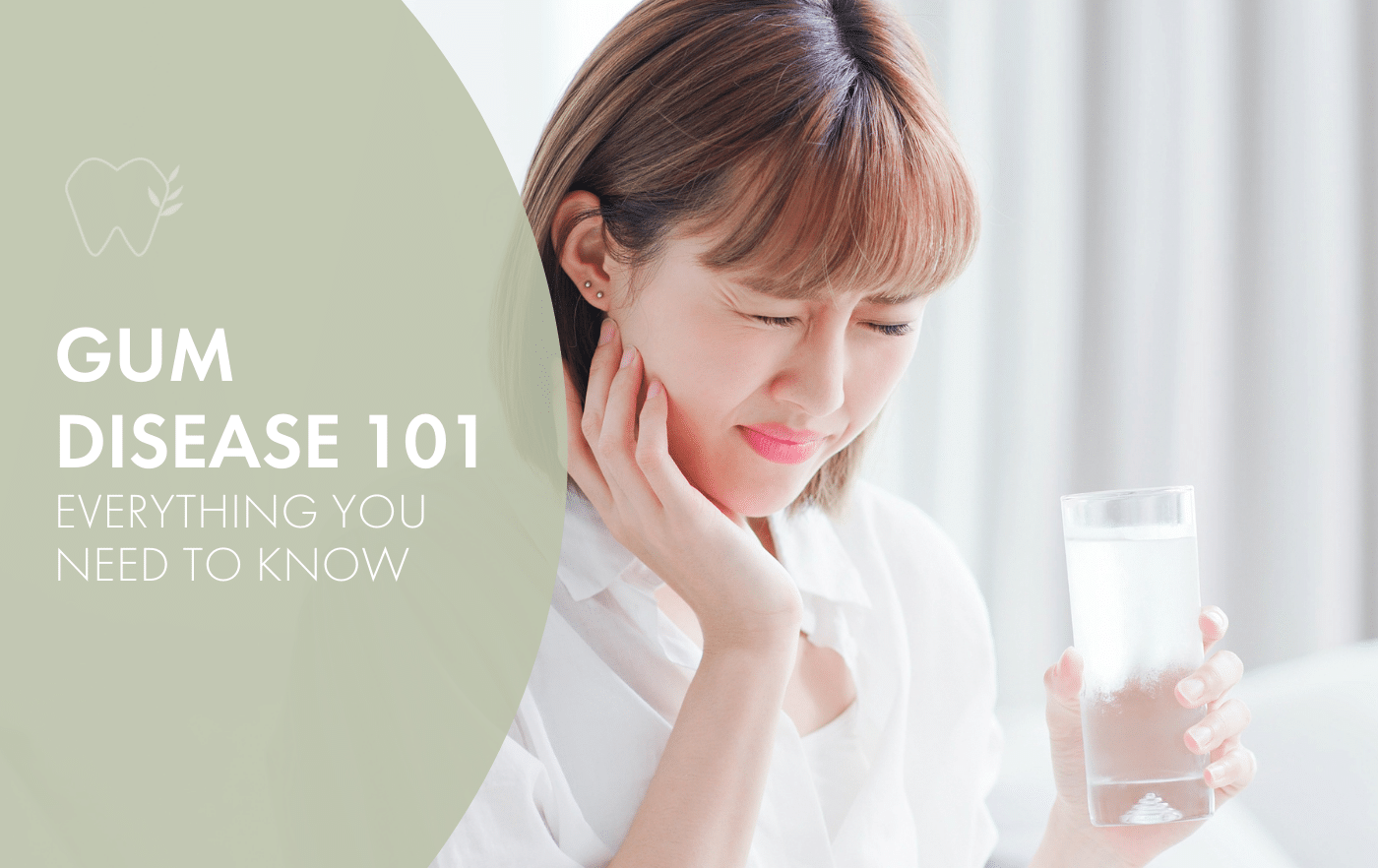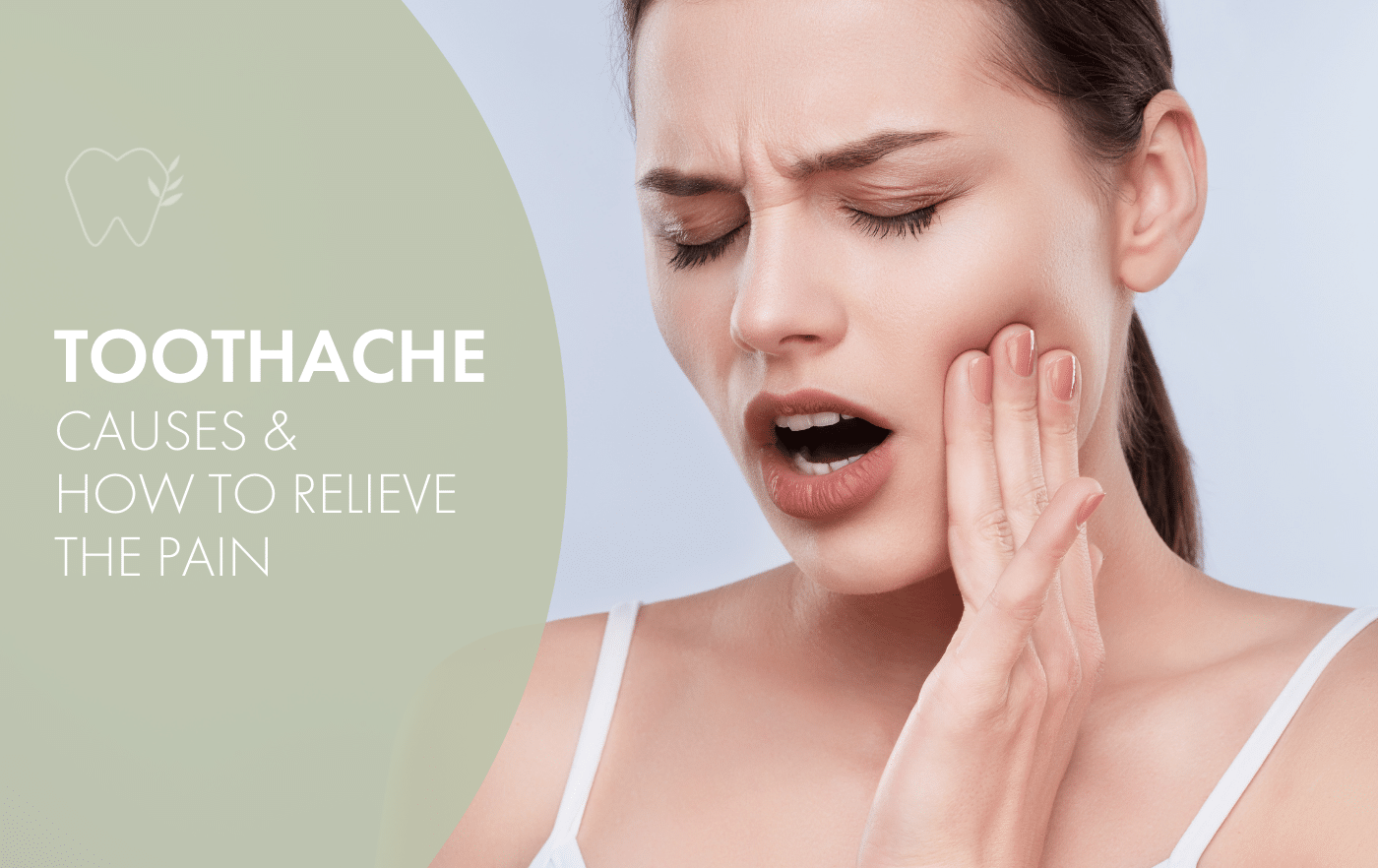
Gum Disease 101: Everything You Should Know
Everyone knows that it’s important to properly care for your teeth to keep them healthy and beautiful, but what about your gums? Taking steps to ensure your gums stay strong is an important part of maintaining good oral and overall health. If you notice your gums are looking red and inflammed, or bleed when you brush, read on…. here’s everything you need to know about gum disease before scheduling your next dental appointment at The Grove Dental Rouse Hill.
What is Gum Disease?
Periodontal disease, also known as gum disease, is an infection that inflicts the soft tissues that hold one’s teeth in place. In most cases, gum disease is caused by plaque that sticks to a person’s teeth and turns into hardened tartar (dental calculus) if not removed by regular at-home brushing and flossing. While plaque is caused by the bacteria in a person’s mouth as well as food particles left behind and can be removed by practicing good oral hygiene, tartar/calculus is more stubborn and can only be removed by a professional dental cleaning.
What Are the Signs of Gum Disease?
People often develop gum disease without even realising that they have an oral health problem. Common symptoms of gum disease include:
- Bad breath
- Inflamed or bleeding gums
- Sensitive teeth
- Uncomfortable or painful chewing
- Loose teeth
- Receding gum lines/long teeth
The advanced stages of gum disease, known as periodontitis, affect the supporting structures of the tooth. This means the disease can destroy the periodontal ligaments that are responsible for keeping your teeth attached to the gum. This creates periodontal or gingival pockets that trap plaque and tartar. The bone that holds the tooth in place will also gradually be destroyed, usually resulting in tooth loss.
How is Gum Disease Diagnosed?
While your teeth and gums may appear to be healthy to your naked eye, a closer look by a dentist or dental hygienist may prove otherwise. Even if you are showing no symptoms of gum disease, you could still have it or be at risk for it. The best way to determine if your gums are strong or if you are exhibiting the early signs of gum disease is to go to the dentist for routine exams and cleaning. During your exam, the dentist will look for signs of recession and inflammation, as well as using a tiny ruler to measure the “pockets” of gum surrounding each tooth. The dentist may also take X-rays of your mouth to see if there has been any potential bone loss.
How is Gum Disease Treated?
If the dentist does identify signs of gum disease, he or she will create a personalised treatment plan to restore your mouth to health as quickly as possible. Types of treatment will, of course, depend on the extent of the problem and condition of your gums. For instance, if the problem is caught early, the dentist may recommend you undergo a deep professional cleaning and practice better oral hygiene habits, such as daily flossing and avoiding tobacco products, then return in a few months to be re-evaluated. On the other hand, if the problem is serious, your dentist may recommend for you to see a gum specialist, called a periodontist, for more specialised treatment.
Practical Tips to Prevent Gum Disease
While keeping your teeth and gums healthy and strong for a lifetime may seem like a difficult undertaking, there are simple steps you can take that can make a big difference in maintaining good oral and overall health, such as:
- Brushing and flossing every day
- Drinking plenty of water, especially when consuming acidic foods
- Limit your sugar consumption
- Pay attention to early signs of gum disease, such as bleeding gums when you floss or inflammation
- Visit your dentist every six months for routine checkups & cleans
At The Grove Dental Rouse Hill, we are committed to helping you combat gum disease and other dental diseases with our state-of-the-art facility, modern techniques, and exceptional service. Give our friendly team a call to schedule your next dental comprehensive examination and clean today!





